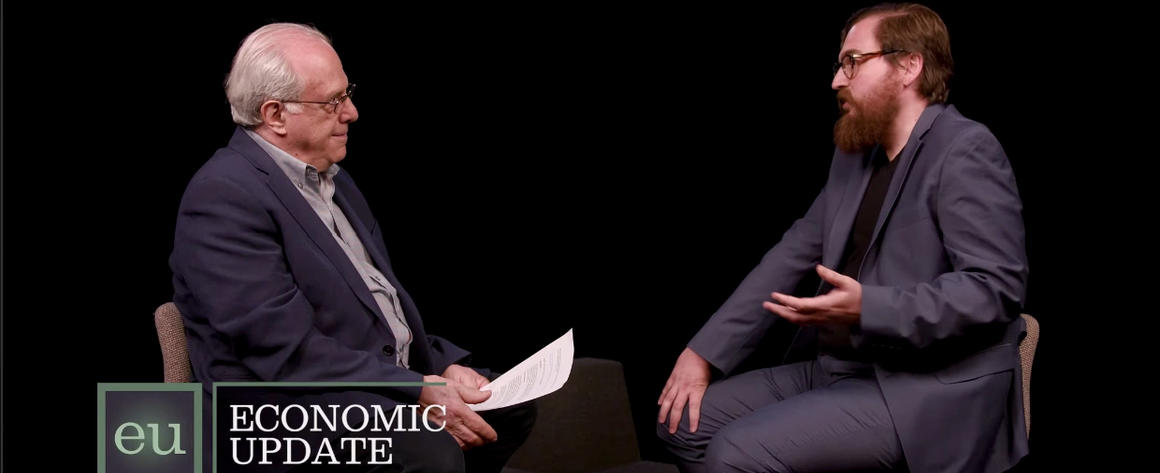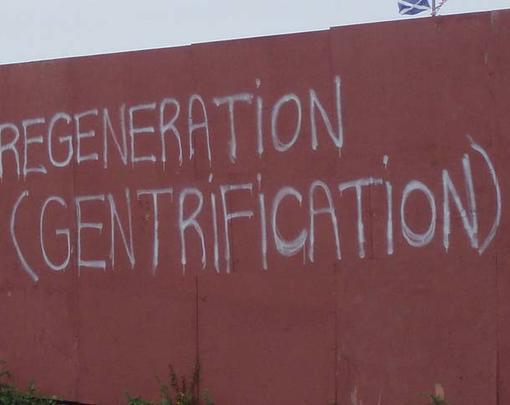Democracy Collaborative communications director John Duda explains in this edition of “Economic Update with Richard Wolff” how worker cooperatives have morphed from a fringe segment of the economy to a rising movement that is shaping mainstream economic development strategy around the country.
The interview begins with a question from Wolff about the Emilia Romagna region in Italy, where 30 percent of the regional economy is driven by cooperatives and two-thirds of the residents are cooperative members. The region offers a peek into what a cooperative economy might look like at scale. “It is an ecosystem of innovation, of mutual support, of cooperative finance,” Duda says, which has emerged as one of Italy’s most economically prosperous regions.
Could the cooperative sector eventually be as sizable in the United States as it is in the Emilia Romagna region? Duda says he believes that is possible. One reason is the hunger for an economic model that restores for people a sense of control.
“I think that what’s driven a lot of the politics in the US is people feeling like they are in freefall, people feeling like the bottom has fallen out of the American dream and have turned in many ways to very reactionary ways of feeling in control, ways that are focused on hurting other people, locking them up, criminalizing them, building a wall,” Duda says. “What worker cooperatives do and other kinds of democratized economic formations can do is give people a different sense of being in control, a sense that is grounded in solidarity and is grounded in participation and grounded, honestly, in community as it actually is.”




